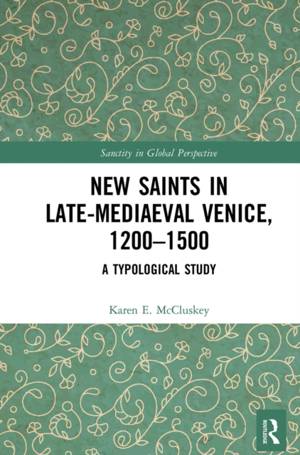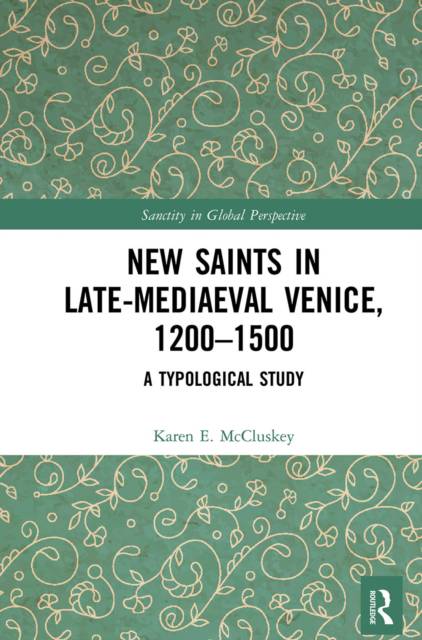
- Retrait gratuit dans votre magasin Club
- 7.000.000 titres dans notre catalogue
- Payer en toute sécurité
- Toujours un magasin près de chez vous
- Retrait gratuit dans votre magasin Club
- 7.000.000 titres dans notre catalogue
- Payer en toute sécurité
- Toujours un magasin près de chez vous
Description
This book focuses on the comparatively unknown cults of new saints in late-mediaeval Venice. These new saints were near-contemporary citizens who were venerated by their compatriots without official sanction from the papacy. In doing so, the book uncovers a sub-culture of religious expression that has been overlooked in previous scholarship.
The study highlights a myriad of hagiographical materials, both visual and textual, created to honour these new saints by members of four different Venetian communities: The Republican government; the monastic orders, mostly Benedictine; the mendicant orders; and local parishes. By scrutinising the hagiographic portraits described in painted vita panels, written vitae, passiones, votive images, sermons and sepulchre monuments, as well as archival and historical resources, the book identifies a specifically Venetian typology of sanctity tied to the idiosyncrasies of the city's site and history.
By focusing explicitly on local typological traits, the book produces an intimate and complex portrait of Venetian society and offers a framework for exploring the lived religious experience of late-mediaeval societies beyond the lagoon. As a result, it will be of keen interest to scholars of Venice, lived religion, hagiography, mediaeval history and visual culture.
Spécifications
Parties prenantes
- Auteur(s) :
- Editeur:
Contenu
- Nombre de pages :
- 268
- Langue:
- Anglais
- Collection :
Caractéristiques
- EAN:
- 9781032088204
- Date de parution :
- 30-06-21
- Format:
- Livre broché
- Format numérique:
- Trade paperback (VS)
- Dimensions :
- 156 mm x 233 mm
- Poids :
- 584 g







